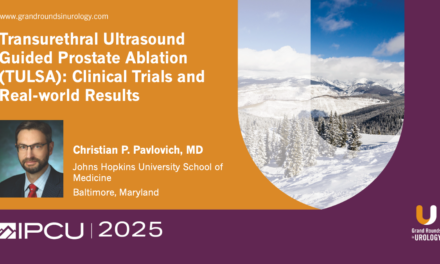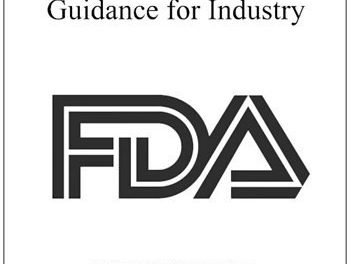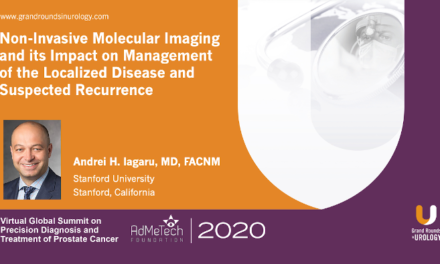Andrew J. Vickers, PhD, presented “Gleason Scoring Has Served Us Well for More than 50 Years, But It Is Time to Start Afresh” during the 7th Global Summit on Precision Diagnosis and Treatment of Prostate Cancer on September 21, 2023.
How to cite: Vickers, Andrew J. “Gleason Scoring Has Served Us Well for More than 50 Years, But It Is Time to Start Afresh.” September 21, 2023. Accessed Jun 2025. https://grandroundsinurology.com/gleason-scoring-has-served-us-well-for-more-than-50-years-but-it-is-time-to-start-afresh/
Gleason Scoring Has Served Us Well for More than 50 Years, But It Is Time to Start Afresh – Summary
Andrew J. Vickers, PhD, discusses the weaknesses of Gleason scoring in diagnosing localized prostate cancer. Dr. Vickers begins by differentiating between Gleason “scoring” and Gleason “grading,” explaining that Gleason grading is robust, while scoring is not as robust. He emphasizes that Gleason Grade Groups 2 through 4 depend on the ratios of tissue with various Gleason scores, which he asserts make little sense.
Dr. Vickers offers clinical examples to support his assertion and explains that, with patients with Gleason Grade Group 2 disease, the total length of biopsied tissue with a Gleason score of 4 is strongly predictive of adverse surgical pathology risk. Dr. Vickers explains that in patients with Gleason Grade Group 2 disease, the amount of tissue with a Gleason score of 3 is not predictive. Dr. Vickers shares data out of France that indicate that the amount of Gleason score 4 or 5 tissue is more predictive of biochemical recurrence (BCR) and metastasis than total Gleason score.
Dr. Vickers asserts that there is a need for urologic oncologists to find a replacement for the Gleason score as the dominant influence on decision-making in localized prostate cancer. Dr. Vickers emphasizes the value of focusing on tumor size and tissue quality in disease assessment, as is done with other cancers.
The Global Summit on Precision Diagnosis and Treatment of Prostate Cancer is a unique multi-disciplinary forum organized to inform the key health care stakeholders about the emerging advances in clinical case and research and create a consensus-based vision for the future of precision care and educational and research strategy for its realization. The mission of the Summit is to fill the currently existing gap between the key experts of in vivo imaging, the world authorities in the in vitro fluid- and tissue-based molecular diagnostics, including genomics, and thought leaders in the development of novel observation strategies (e.g., active surveillance, or AS) and therapeutic interventions.
ABOUT THE AUTHOR
Andrew Vickers, PhD, is an Attending Research Methodologist at Memorial Sloan Kettering Cancer Center in New York City. He is also Co-Director of the PRO-CEL Core Facility. Dr. Vickers’ research falls into three broad areas: randomized trials, surgical outcomes research and molecular marker studies. A particular focus of his work is the detection and initial treatment of prostate cancer. Dr. Vickers has analyzed the ‘learning curve’ for radical prostatectomy. He is working on a series of studies demonstrating that a single measure of prostate specific antigen (PSA) taken in middle age can predict lethal prostate cancer up to 30 years subsequently. He has also developed a statistical model to predict the result of prostate biopsy, work that has been commercialized and is clinically available through Opko Diagnostics. He is a course leader for the Memorial Sloan Kettering biostatistics course and is the author of the statistics textbook What is a P-Value Anyway?




